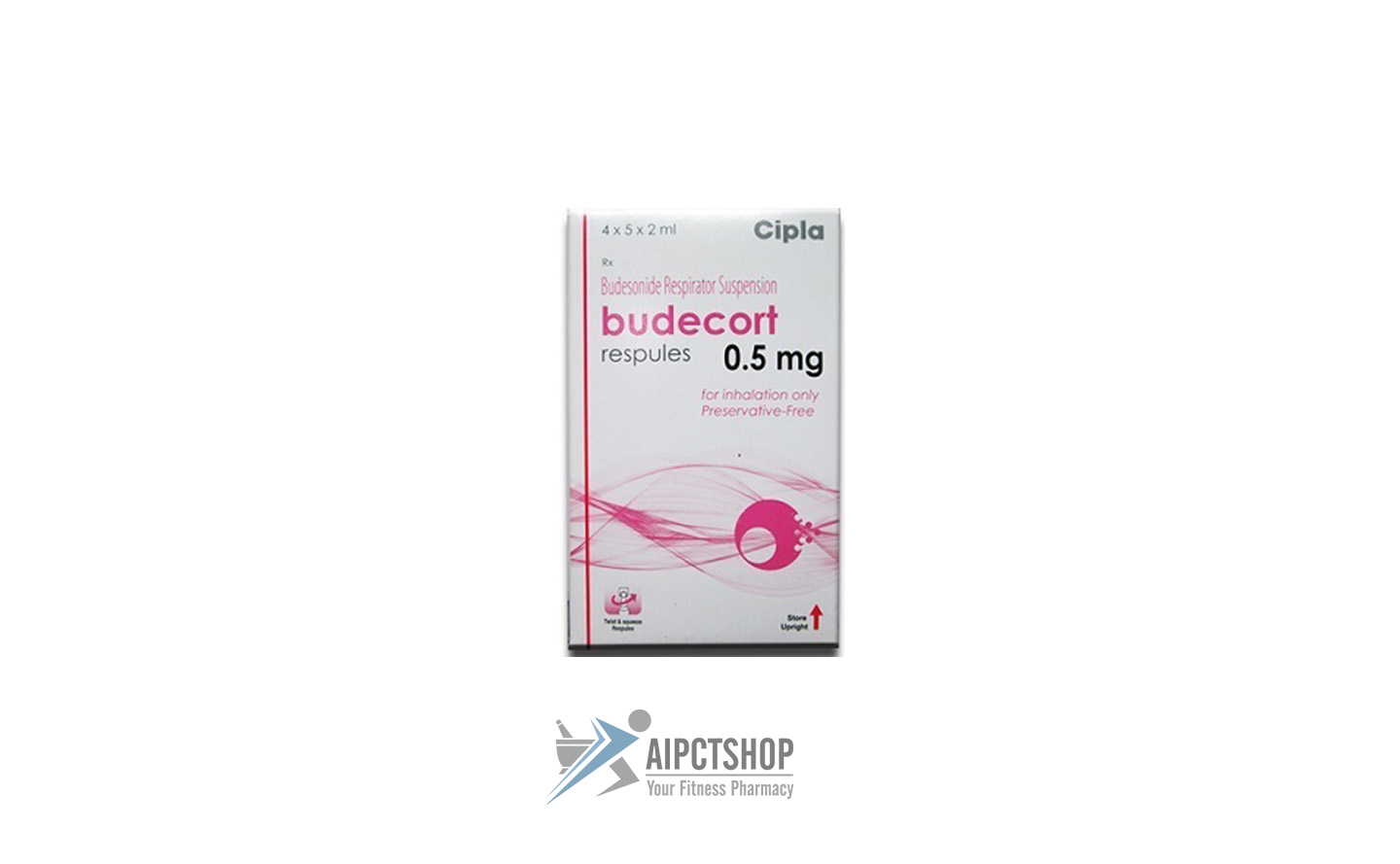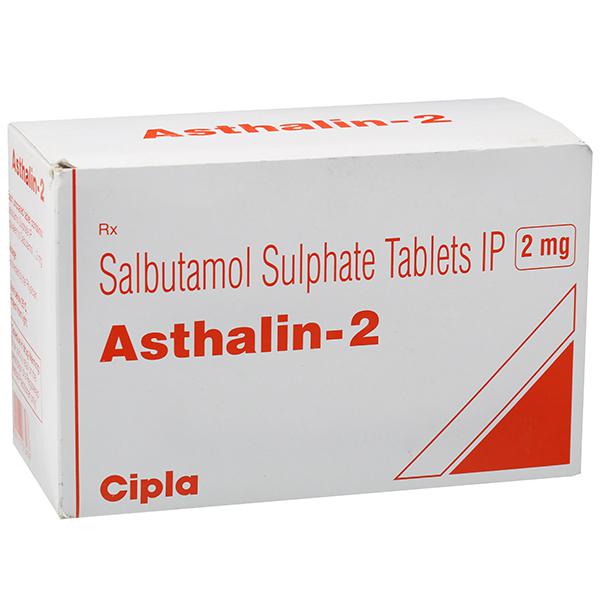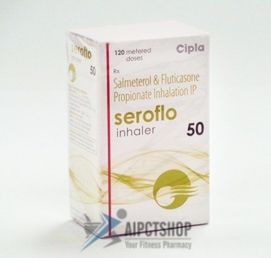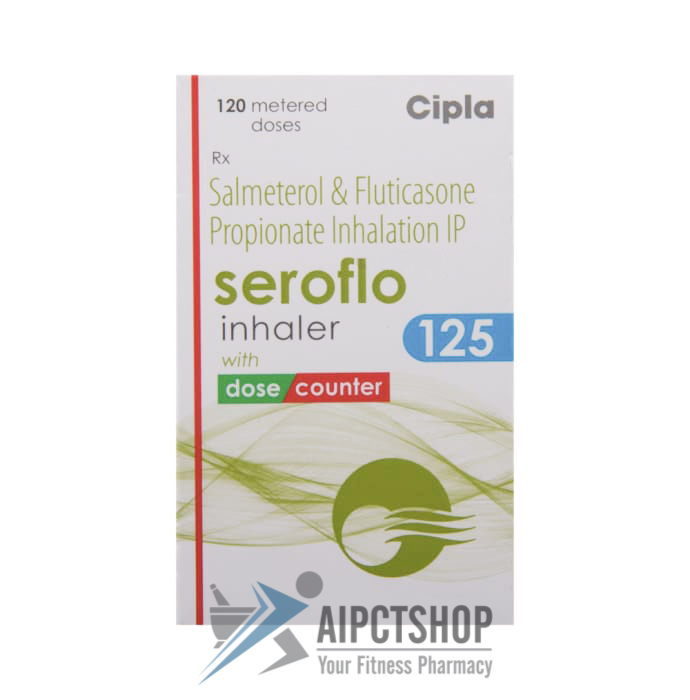What is this drug used for?
– It is used to treat asthma.
– It is used to treat COPD (chronic obstructive pulmonary disease).
– It is used to prevent exercise-induced breathing problems.
– This drug is not to be used to treat intense flare-ups of shortness of breath. Use a rescue inhaler. Talk with the doctor.
Frequently reported side effects of this drug
– Nose irritation
– Sore throat
– Flu-like symptoms
Other side effects of this drug: Talk with your doctor right away if you have any of these signs of:
– High blood sugar like confusion, fatigue, increased thirst, increased hunger, passing a lot of urine, flushing, fast breathing, or breath that smells like fruit
– Low potassium like muscle pain or weakness, muscle cramps, or an abnormal heartbeat
– Chest pain
– Fast heartbeat
– Abnormal heartbeat
– Severe anxiety
– Severe headache
– Seizures
– Passing out
– Vision changes
– Severe nausea
– Vomiting
– Severe loss of strength and energy
– Trouble sleeping
– Severe dizziness
– Tremors
– Trouble breathing
– Wheezing
– Severe cough
– Signs of a significant reaction like wheezing; chest tightness; fever; itching; bad cough; blue skin color; seizures; or swelling of face, lips, tongue, or throat.
Note:?This is not a comprehensive list of all side effects. Talk to your doctor if you have questions.
Pronunciation
(sal ME te role)
Medication Safety Issues
Sound-alike/look-alike issues:
Salmeterol may be confused with Salbutamol, SOLU-Medrol
Serevent may be confused with Atrovent, Combivent, sertraline, Sinemet, Spiriva, Zoloft
Generic Availability: US
No
Storage and Stability
Store at 20?C and 25?C (68?F and 77?F); excursions are permitted between 15?C and 30?C (59?F and 86?F). Protect from direct heat or sunlight. Store Diskus in the unopened foil pouch and only open when ready for use. Discard device 6 weeks after removal from foil pouch or when the dose counter reads “0” (whichever comes first).
Adverse Reactions
Cardiovascular: Edema, hypertension
Central nervous system: Anxiety, dizziness, headache, migraine, pain, paresthesia, sleep disorder
Dermatologic: Contact dermatitis, eczema, pallor, photodermatitis, skin rash, urticaria
Endocrine & metabolic: Hyperglycemia
Gastrointestinal: Dyspepsia, gastrointestinal infection, nausea, oropharyngeal candidiasis, toothache, xerostomia
Hepatic: Increased liver enzymes
Infection: Influenza
Neuromuscular & skeletal: Arthralgia, arthritis, muscle cramps, muscle rigidity, muscle spasm
Ophthalmic: Conjunctivitis, keratitis
Respiratory: Asthma, bronchitis, cough, nasal congestion, pharyngitis, rhinitis, sinusitis, throat irritation, tracheitis (may be paradoxical), viral respiratory tract infection
Miscellaneous: Fever
Rare but important or life-threatening: Abdominal pain, agitation, aggressive behavior, anaphylaxis (some in patients with severe milk allergy), angioedema, aphonia, atrial fibrillation, bruise, cardiac arrhythmia, cataract, chest congestion, chest tightness, choking sensation, eosinophilic granulomatosis with polyangiitis (formerly known as Churg-Strauss), Cushing?s syndrome, Cushingoid appearance, decreased linear skeletal growth rate (children and adolescents), depression, dysmenorrhea, dyspnea, ecchymoses, edema (facial, oropharyngeal), eosinophilia, glaucoma, hypercorticoidism, hypersensitivity reaction (immediate and delayed), hypokalemia, hypothyroidism, increased intraocular pressure, irregular menses, laryngospasm, local irritation (larynx), myositis, oropharyngeal irritation, osteoporosis, otalgia, paradoxical bronchospasm, pelvic inflammatory disease, prolonged Q-T interval on ECG, restlessness, sinus pain (paranasal), stridor, supraventricular tachycardia, syncope, tremor, vaginitis, vulvovaginal candidiasis, vulvovaginitis, ventricular tachycardia, weight gain









Reviews
There are no reviews yet.